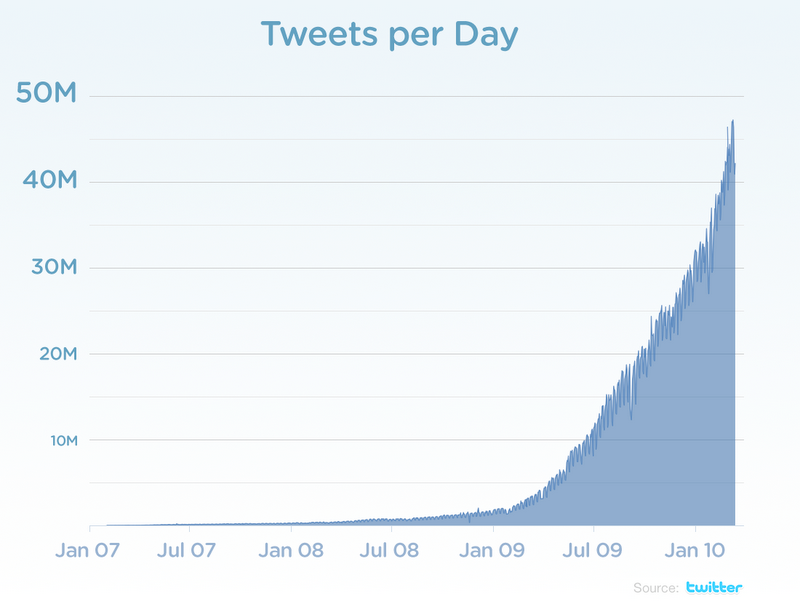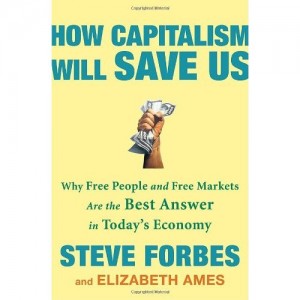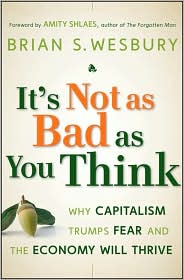“The defenders of modern macroeconomics argue that if we just study the economy long enough, we’ll soon be able to model it accurately and design better policy. Soon. That reminds me of the permanent sign in the bar: Free Beer Tomorrow.
“We should face the evidence that we are no better today at predicting tomorrow than we were yesterday. Eighty years after the Great Depression we still argue about what caused it and why it ended.
“If economics is a science, it is more like biology than physics. Biologists try to understand the relationships in a complex system. That’s hard enough. But they can’t tell you what will happen with any precision to the population of a particular species of frog if rainfall goes up this year in a particular rain forest. They might not even be able to count the number of frogs right now with any exactness.
“We have the same problems in economics. The economy is a complex system, our data are imperfect and our models inevitably fail to account for all the interactions.
“The bottom line is that we should expect less of economists. Economics is a powerful tool, a lens for organizing one’s thinking about the complexity of the world around us. That should be enough. We should be honest about what we know, what we don’t know and what we may never know. Admitting that publicly is the first step toward respectability.”
— Russ Roberts, February 27, 2010




